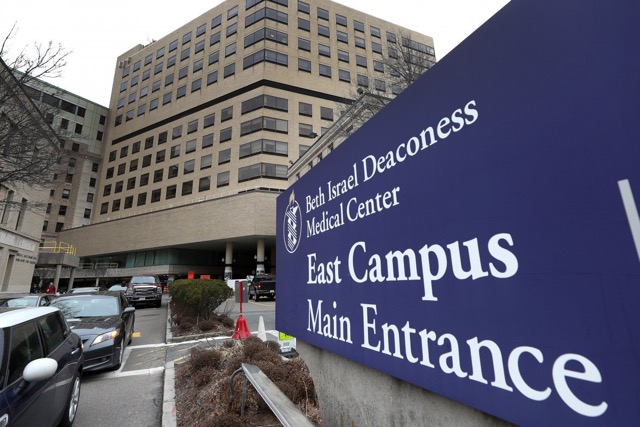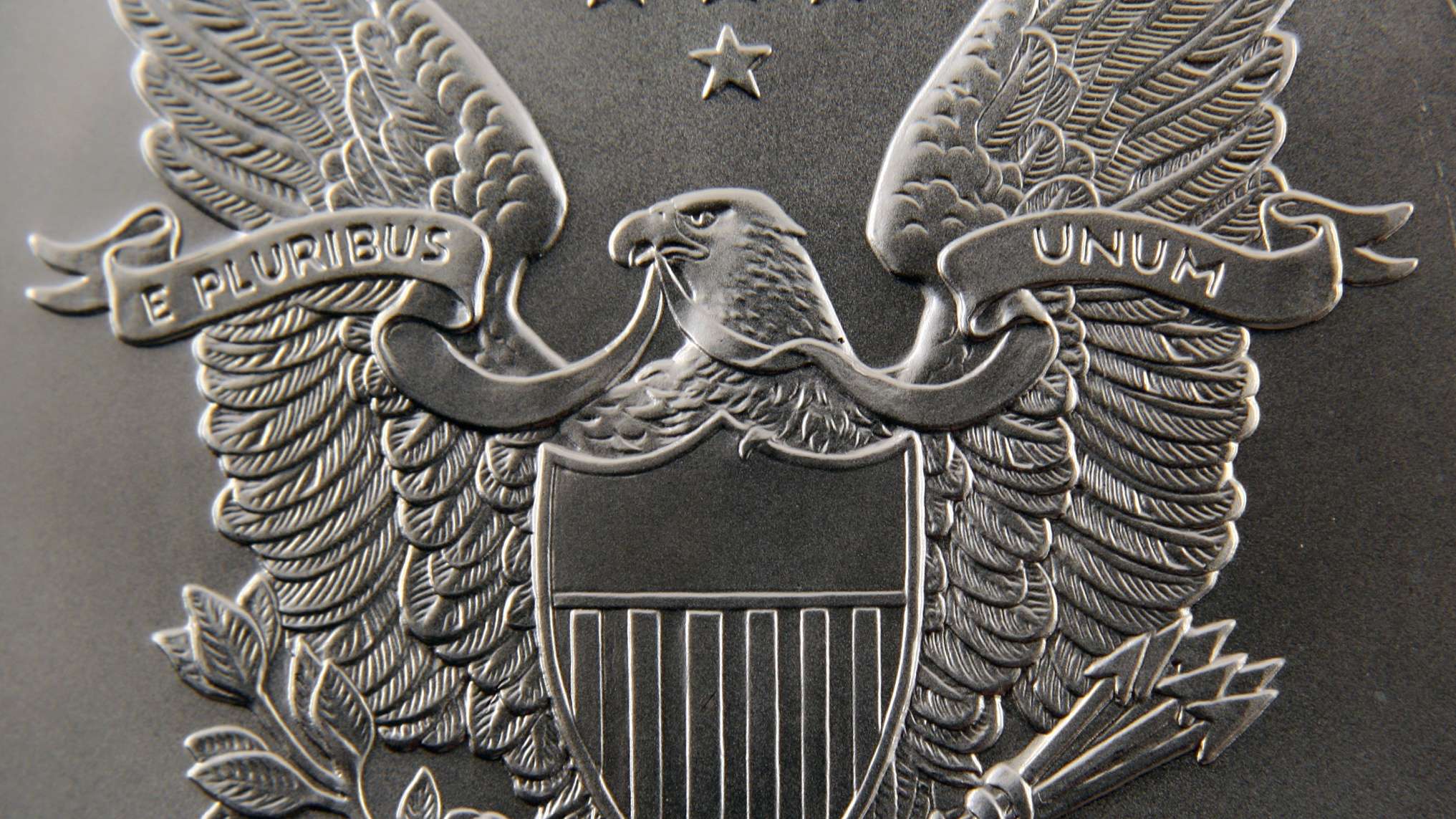By Jeff Ferry, CPA Chief Economist
On December 9th, Harvard cancer researcher Zaosong Zheng was boarding a Hainan Airlines flight to Beijing at Boston’s Logan Airport when US Customs officials pulled him aside to question him about his luggage.
According to an affidavit filed in US federal court by FBI Special Agent Kara Spice, Zheng first claimed there was no “undeclared biological material” in his suitcase. Under further questioning, he changed his story to confirm that there were indeed 21 vials of brown liquid wrapped in a plastic bag and concealed in a sock. The vials had “nothing to do with his research,” he said. He said the vials were given to him by a friend.
Then he changed his story again. According to Agent Spice’s affidavit: “Zheng was brought to an interview room where he confessed that he had stolen eight (8) vials from the research lab at Beth Israel Hospital and that no one else was aware of this.” He claimed he personally replicated the substances in the other vials. He also claimed that a laptop found in his suitcase belonged to a friend and he was carrying it as a favor. He said he was planning to take the vials back to Sun Yat-Sen Hospital in Beijing, replicate the experiments, and publish the results in China under his own name.
FBI agents’ suspicions that Zheng was engaged in a deliberate plot of intellectual property (IP) theft were reinforced when they spoke to his former roommate, Jialin Li, who told them that Zheng had packed up all his possessions for the Dec. 9th flight, suggesting he had no intention of returning to Boston. According to a New York Times article, Li also told the investigators that two other researchers, Lei Liu and Leina Mo, who had also worked at Beth Israel Deaconess Medical Center, had successfully smuggled biological material into China without getting caught.
Federal judge David Hennessy granted prosecutors’ request to deny Zheng bail and hold him in prison as a flight risk. Beth Israel Hospital fired him, and Harvard then cancelled his visa, which it had first granted to him in September 2018. Zheng could get up to ten years in prison if convicted of theft of trade secrets.
The Harvard-Zheng case is far from unique, or even unusual. While continuing to target US corporations for intellectual property theft (IP), it’s now becoming clear that China is also targeting our medical research, with the apparent aim of boosting China’’s medical and biological research, and boosting their own health care industry with little respect for the traditional rules and laws of international cooperation and respect for private property. According to an eye-opening New York Times report last November, the National Institutes for Health (NIH) and the FBI have begun a comprehensive nationwide campaign to ask medical schools and hospitals to take a close look at their staff to ensure that none of them are sending or carrying to China information or samples that rightfully belong to the US sponsors of the research. Said the Times: “Seventy-one institutions, including many of the most prestigious medical schools in the United States are now investigating 180 individual cases involving potential theft of intellectual property.”
The Times said that “almost all” of the incidents involve researchers of Chinese descent. Medical officials cited China’s “Thousand Talents” program, which pays scientists to contribute to China’s technological knowhow. In one case, a US researcher received a $75,000 payment, allegedly for scholarly work but likely simply a cash bonus from the Chinese government for bringing US research to China in violation of US law. In another case, the FBI found an email in which a researcher promised a colleague in China to bring with him a complete set of biological samples “if I can figure out how to get a dozen tubes of frozen DNA onto an airplane.”
Moffitt Cancer Center CEO Resigns
The most far-reaching impact of the FBI/NIH campaign to fight Chinese medical IP theft was at the Moffitt Cancer Center in Tampa, Florida. Last month, Moffitt CEO Dr. Alan List, vice president Thomas Sellers, and four cancer researchers resigned suddenly over their links to China. Moffitt’s chairman was tight-lipped about the details, saying only that compliance violations were found. But Moffitt staff told Tampa news publications that some Moffitt researchers were engaged with China’s “Thousand Talents” program and Moffitt has partnerships with two hospitals in China. Dismissed CEO Dr. List was so active in building partnerships with Chinese medical institutions that he received the Hai River Award while on a visit to China in 2016.
Florida state representative Chris Sprowls said on Twitter: “The actions of Moffitt’s CEO and implicated researchers are indefensible. To accept vast sums of public money – state and Federal – and then have the CEO and other employees secretly accepting money from China violates the public trust.”
Here’s a few indicators of the magnitude of the money the US taxpayer is putting into medical research: the NIH’s annual budget for 2019 is $39 billion, making it the world’s largest funder of biomedical research. It funds 300,000 researchers at more than 2,500 institutions. Harvard Medical School is one of the top recipients, receiving $80 million through 152 different grants last year. Last year Tampa’s Moffitt Center received grants worth $46 million from state and federal sources. Moffitt is one of America’s top ten cancer institutes according to US News and World Report, with 6,000 employees treating more than 100 different types of cancer, and admissions of 9,000 patients a year. On the intellectual property side, it claims responsibility for 14 startups, 49 US patents, and 127 licensing agreements.
Thousand Talents Espionage Program
China’s Thousand Talents program is run by the State Council, the highest body of the Communist government, headed by Premier Li Keqiang. Its explicit goal is to recruit overseas Chinese to support China’s development in industry and technology. In the days of the Cold War, espionage focused on defense technology and equipment. Once China began aggressively modernizing its industrial economy, espionage broadened to include all corporate intellectual property, with China’s Ministry of State Security sponsoring the largest program of corporate espionage in world history.
Now we learn that Thousand Talents, and related programs, are also targeting biomedical research. In the biomedical field, they are taking advantage of the US medical community, which in many cases still operates by gentlemanly traditions more appropriate to the 1950s. For example, proposals for research are often sent to friendly experienced researchers for an opinion before a grant is awarded. It has been discovered that some of those proposals have found their way back to China.
“How would you feel if you were a US scientist sending your best idea to the government in a grant application, and someone ended up doing your project in China?” commented Dr. Ross McKinney Jr., chief scientific officer at the Association of American Medical Colleges. Dr. McKinney has been one of the most outspoken critics of the lax enforcement of IP rules in the US medical system.
In light of the broad, pervasive campaign managed and generously funded by the Chinese Communist government to steal US medical IP, more fundamental reforms are needed in addition to the policing operation now being waged by the FBI. Restrictions and transparency on US researchers accepting funds from China or other foreign sources are already in place. They must be policed more aggressively. Universities and research institutes should progressively reduce their reliance on Chinese researchers. China regards the US as a hostile power. Too many in US universities still hold naïve views of “global cooperation” which easily turns into blatant exploitation of US research, hard work, and medical breakthroughs.
The US is already too dependent on Chinese production of generic drugs. The blatant biomedical IP theft raises the chilling prospect of China gaining leadership in cutting-edge health care solutions, including treatments, genetic technologies, pharmaceuticals, medical equipment, and other life-and-death technologies.
See also our other features on China’s IP theft:
Top Ten Cases of Chinese IP Theft
Top Five Cases of Huawei IP Theft and Patent Infringement
Experts Say China Telecom Diverted US Internet Traffic Through China













